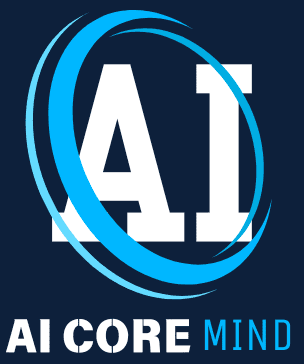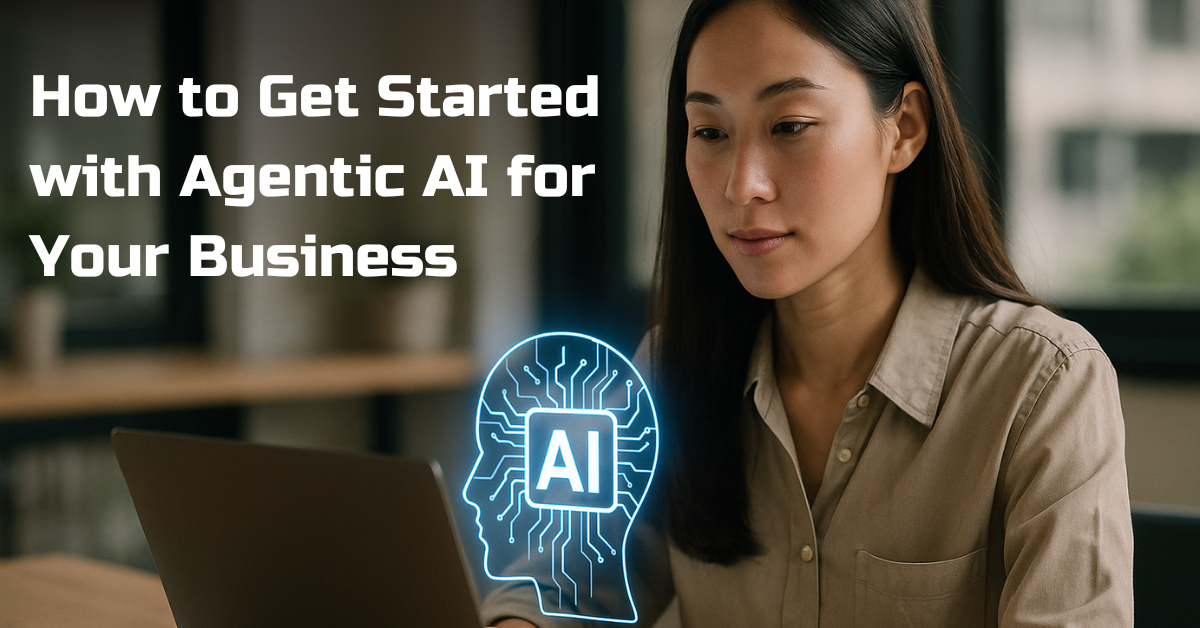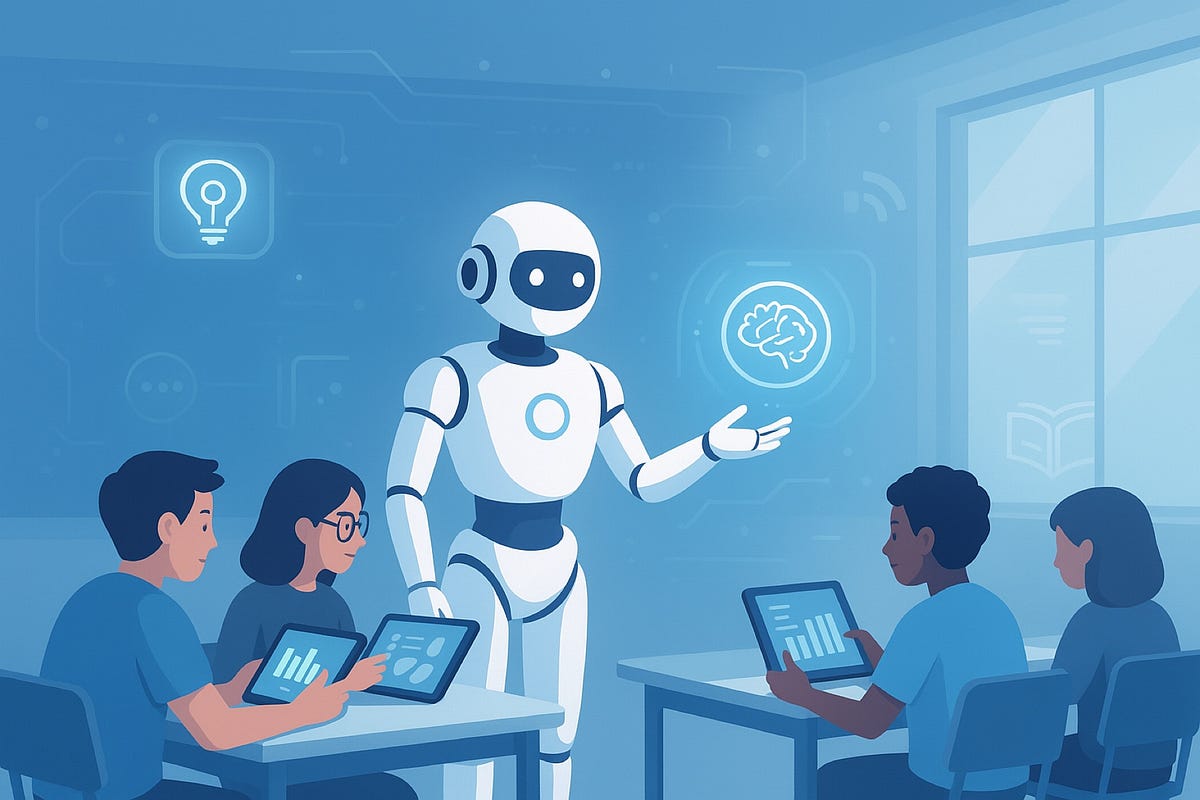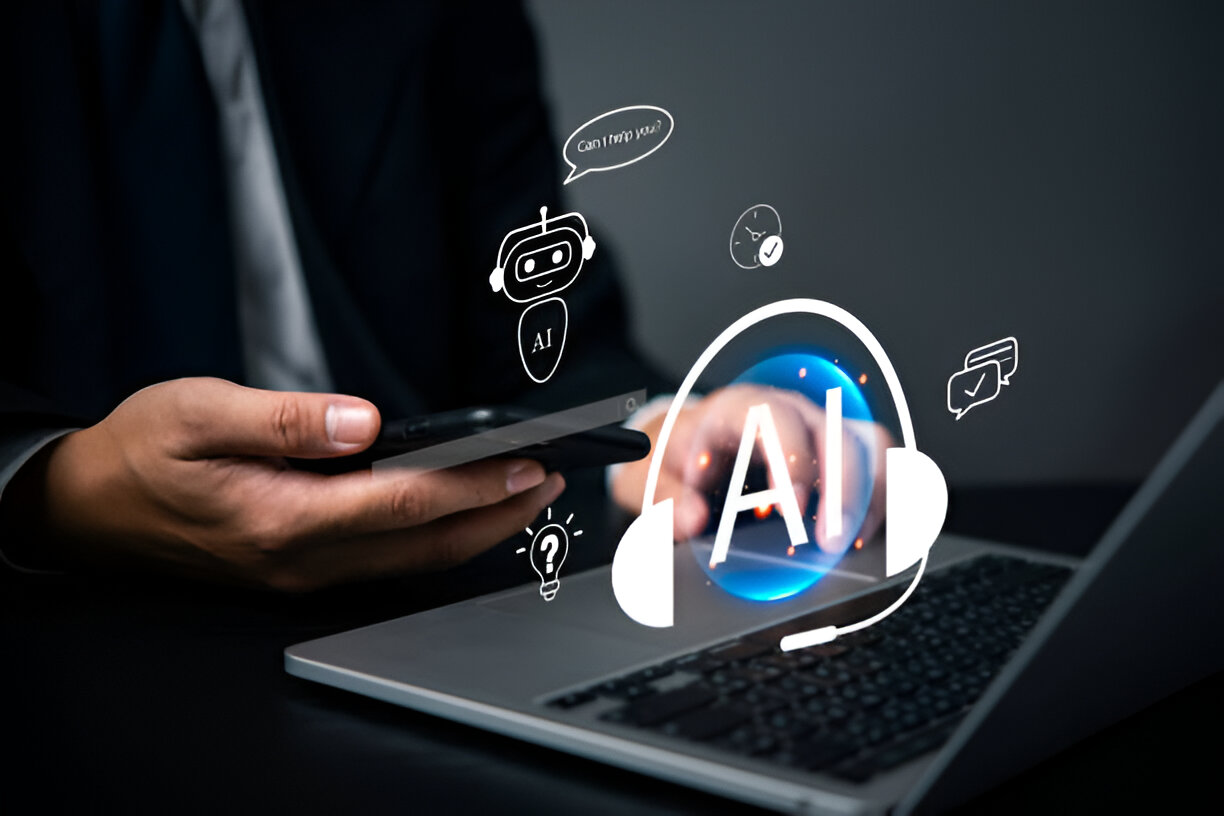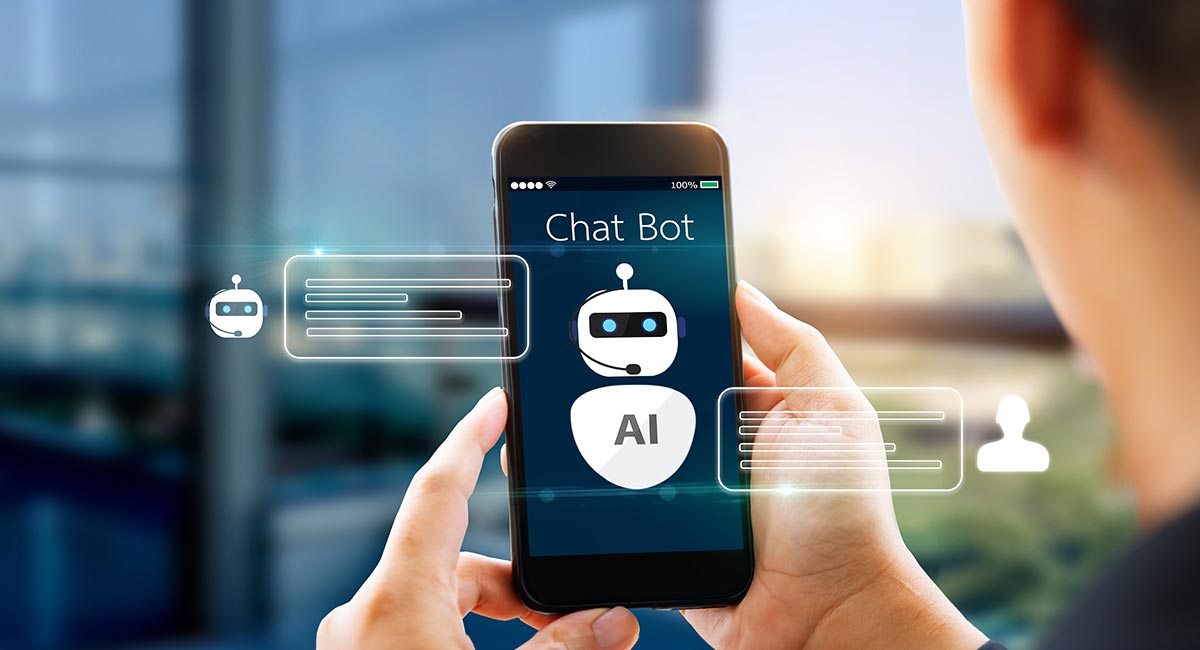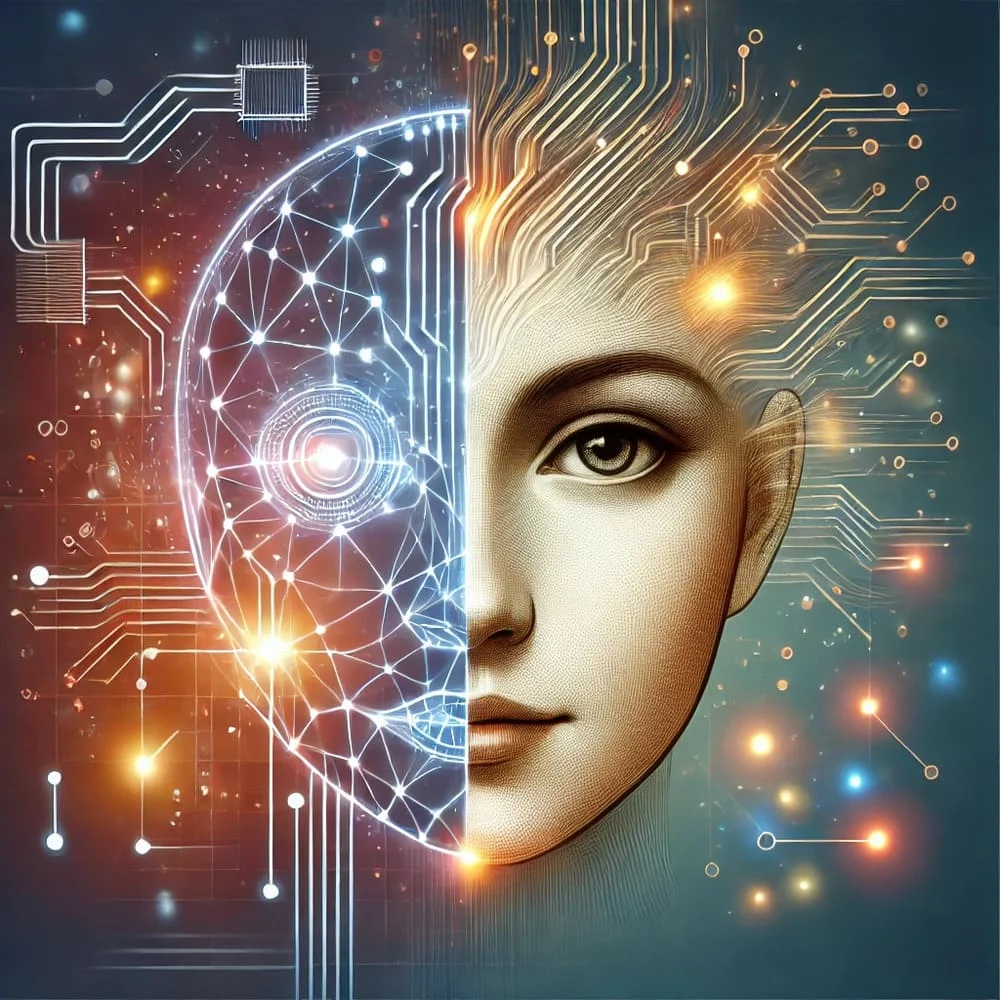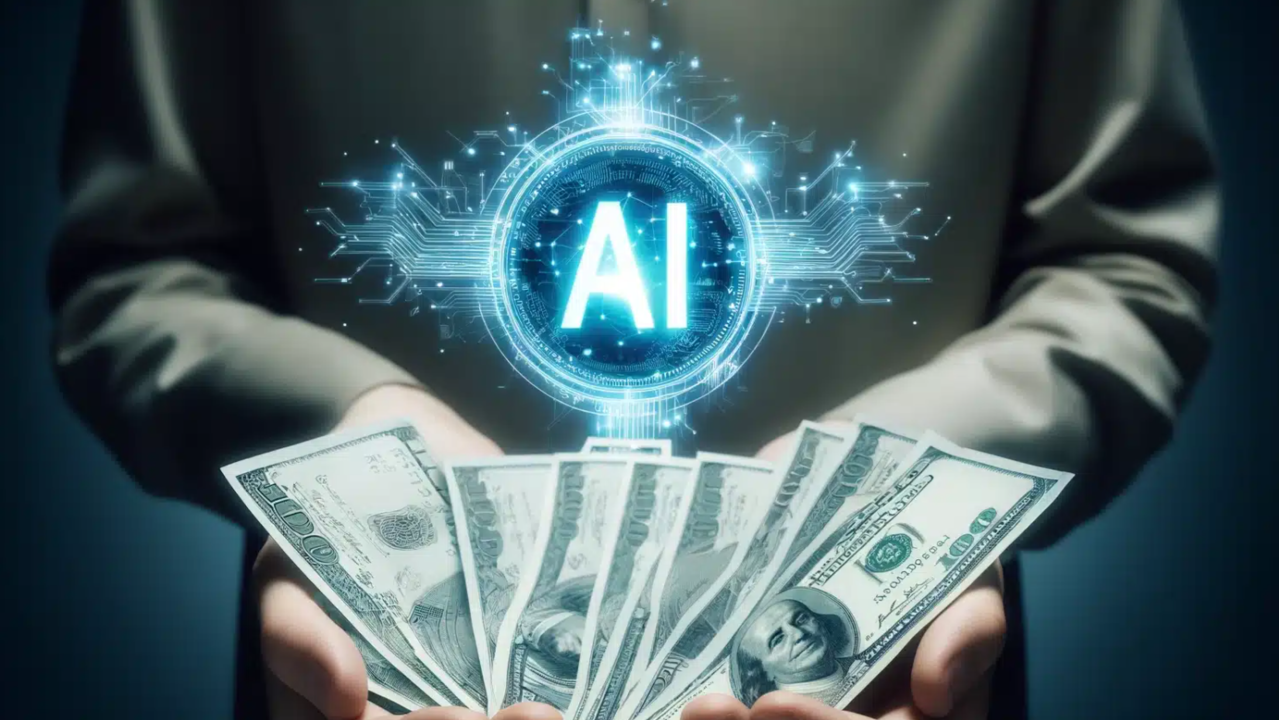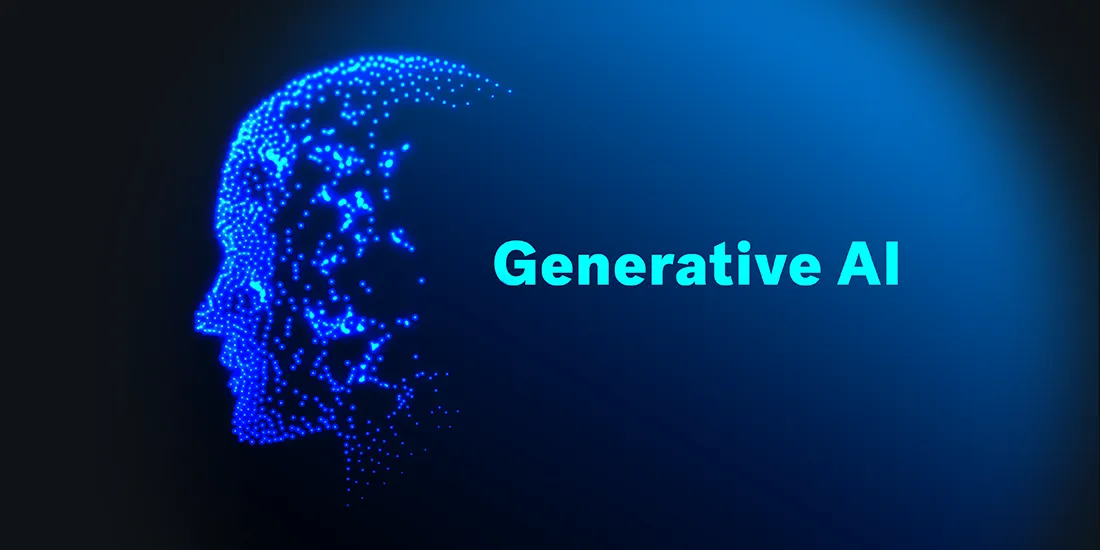What is Artificial Intelligence?
Artificial Intelligence refers to computer systems that mimic human intelligence to perform tasks like learning, decision-making, and problem-solving. AI enables machines to “think” and act like humans — without needing constant input.
There are mainly two types:
-
Narrow AI: Performs specific tasks (like facial recognition or spam filtering)
-
General AI: Still in development — meant to perform any intellectual task a human can
Learn more from IBM’s official AI guide
How Does AI Work?
AI systems work by processing large volumes of data through algorithms. These systems learn from patterns and improve over time — a process known as Machine Learning (ML).
Steps include:
-
Data Collection
-
Model Training using ML and Deep Learning
-
Making Predictions or decisions based on the data
Google AI’s overview is a great place to explore how this works in practice.
Real-Life Examples of AI in 2025
AI is part of our everyday lives in many ways, including:
-
Google Maps: Uses AI for live traffic updates
-
Netflix: Recommends shows based on your watching habits
-
Amazon Alexa: Voice assistant powered by Natural Language Processing
-
Tesla’s Autopilot: Self-driving features use Deep Learning models
Related Article: Top 10 AI Tools to Make Money in 2025
⚙️ Popular AI Tools in 2025
Here’s a list of trending AI tools:
| Tool Name | Purpose |
|---|---|
| ChatGPT | Text generation, research assistant |
| Jasper AI | Blog & copywriting automation |
| Midjourney | Image generation from prompts |
| Grammarly AI | Writing and grammar corrections |
Why Artificial Intelligence Is Important
AI is revolutionizing industries with benefits like:
-
Data-driven decisions
-
⏱️ Faster processing with fewer errors
-
Automation of repetitive tasks
-
Improved productivity in businesses
From healthcare to marketing, AI is helping companies save time and money.
⚠️ Challenges and Risks of AI
Despite the benefits, AI comes with challenges:
-
Job Automation: Some human jobs are being replaced
-
Ethical Concerns: Bias in AI algorithms can be dangerous
-
Privacy: AI systems collect massive amounts of user data
The Future of AI – What to Expect?
The future of AI includes:
-
Human-like interaction through advanced chatbots
-
AI in education, helping students learn better
-
Climate solutions using predictive AI models
-
AI + Robotics for industrial automation
By 2030, AI may be involved in everything from transportation to medical diagnosis.
Can You Learn AI Without Coding?
Yes! Many no-code AI platforms like Pictory, Writesonic, and Durable let you use AI tools 2025 without technical skills.
✅ Final Thoughts
Artificial Intelligence is more than a tech trend — it’s the foundation of the next digital revolution. Whether you want to learn, invest, or build a business with AI, now is the best time to get involved.
Keep exploring, stay curious, and don’t forget to bookmark our blog for more updates.
Quick FAQs
Q: What is AI in simple words?
AI is a way to make machines smart enough to do tasks like thinking, learning, and making decisions.
Q: What are examples of AI in real life?
Voice assistants, Netflix recommendations, self-driving cars, and spam filters.
Q: How can I use AI for my online business?
You can use AI for content writing, customer support, SEO, and even graphic design.
